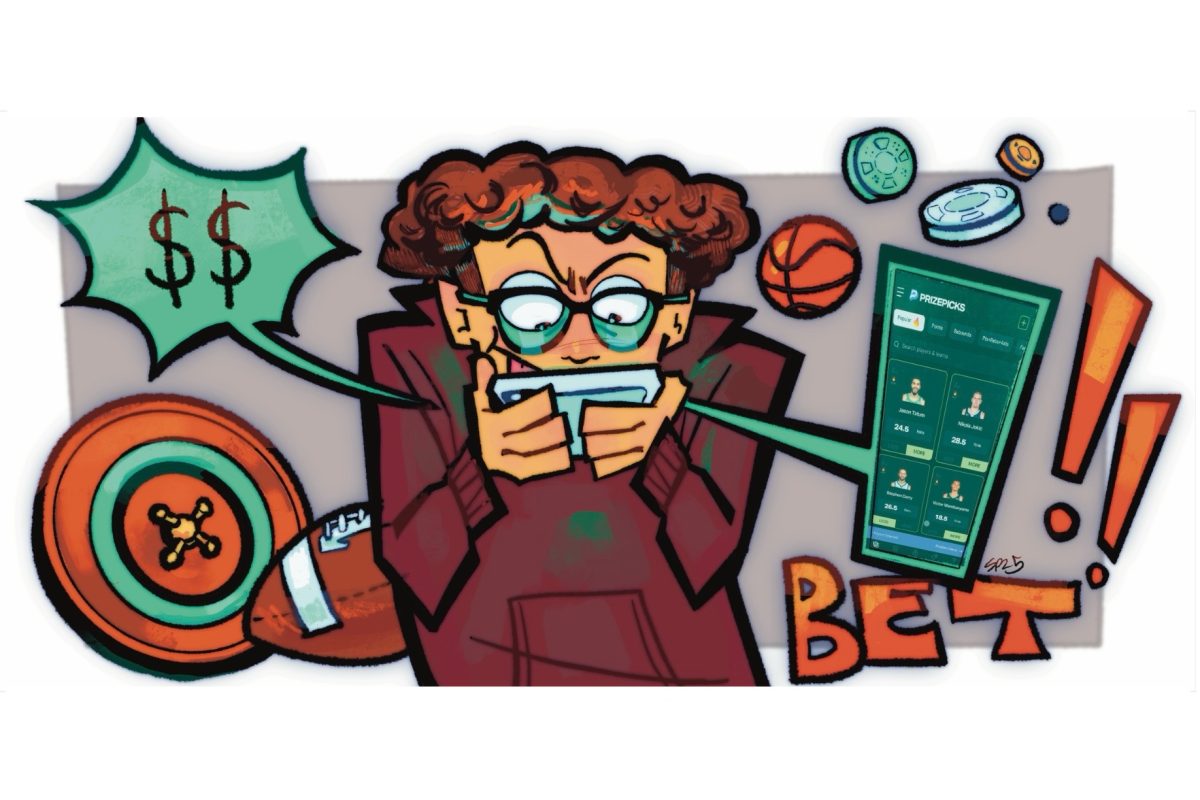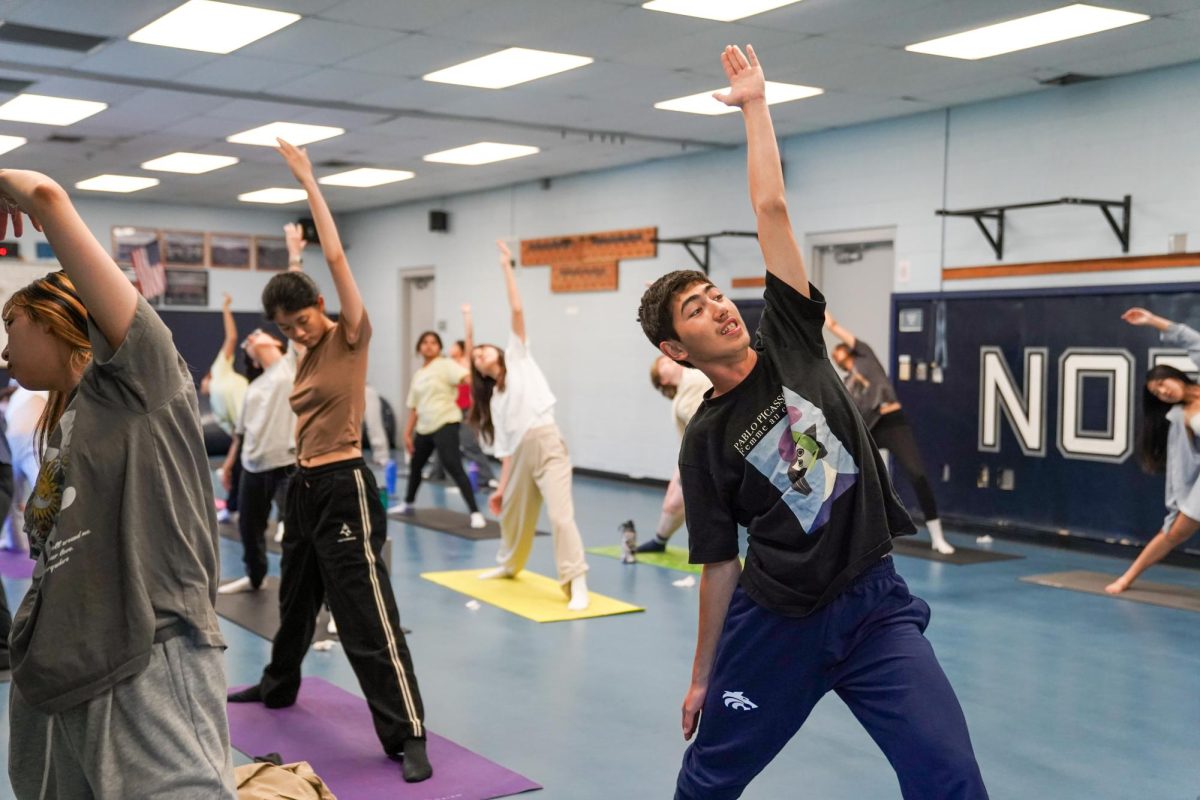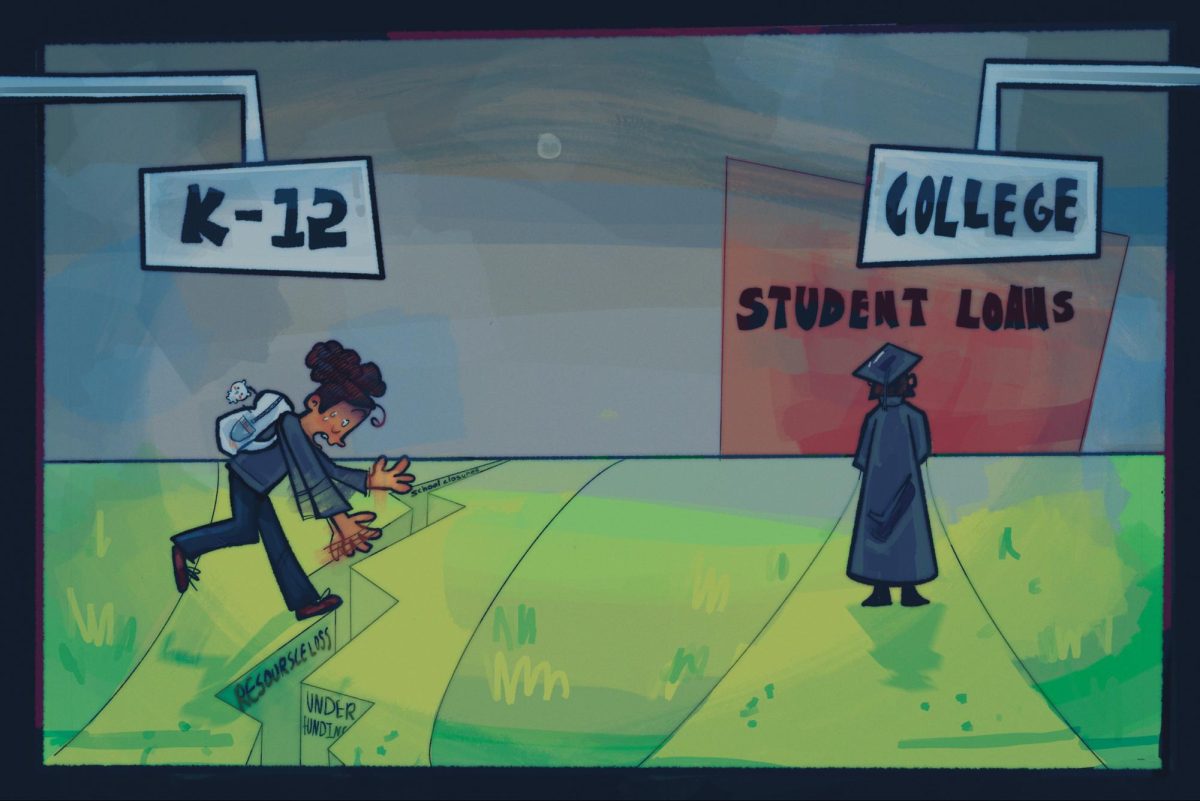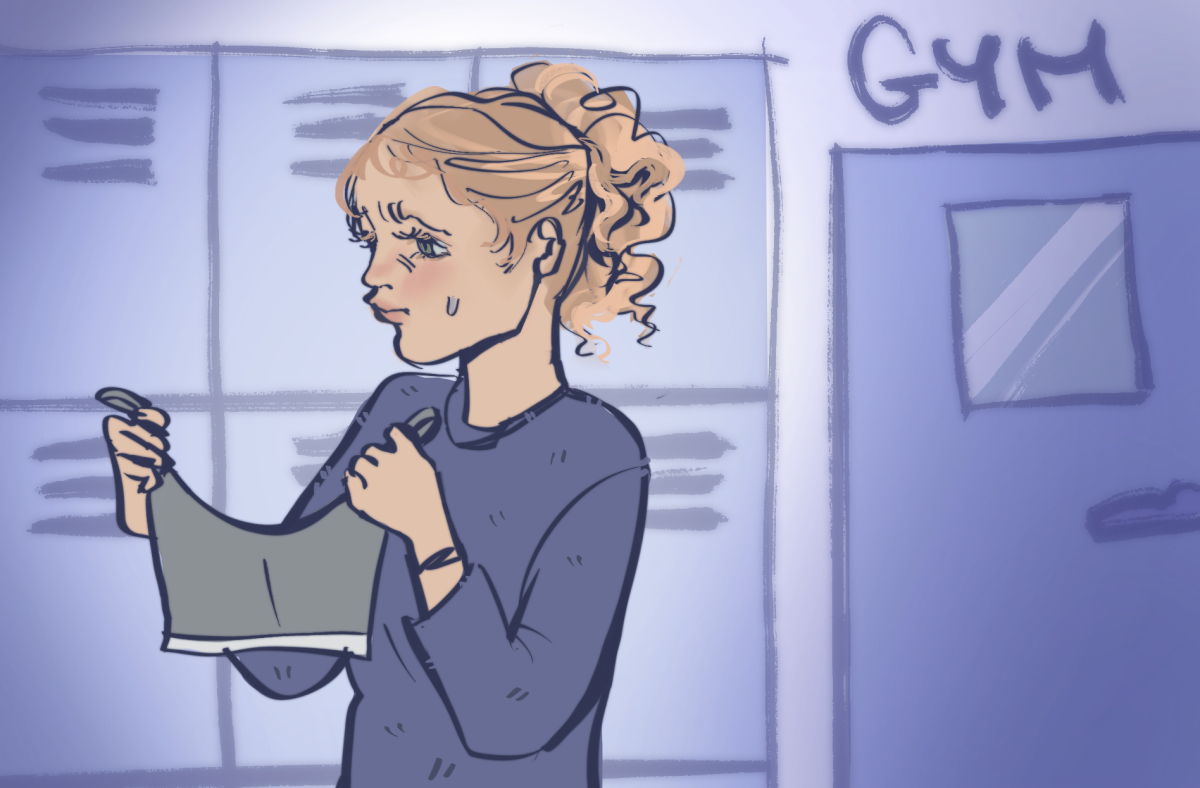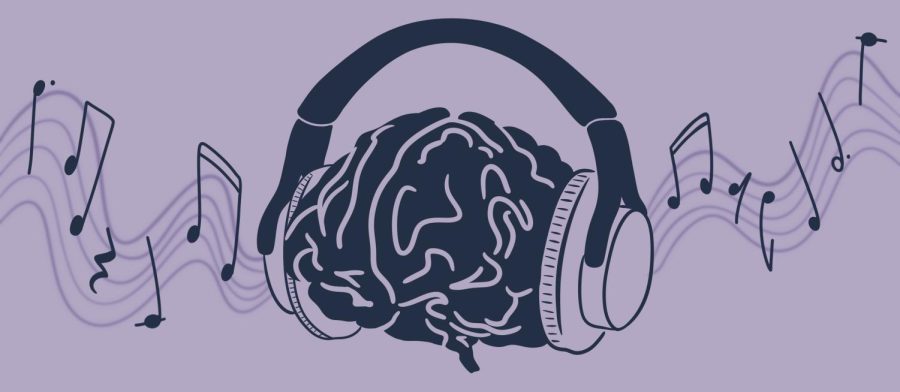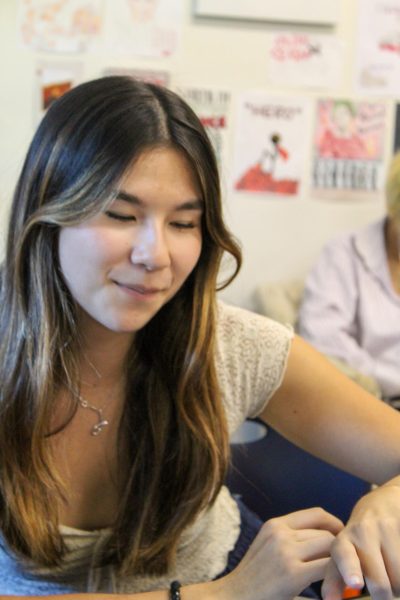World Music Therapy Day: The musical social science
HARMONIC HEALING: Music therapy can help to calm nerves through non-traditional therapy practices.
March 12, 2023
It’s Sunday night and the mountains of assignments that await your attention feel endless. French presentations, calculus midterms and annotating five chapters of “Pride and Prejudice” is just the beginning, and the overbearing weight of exhaustion keeps pushing you further down.
As you sit at your desk and the night hours pass by, there is one thing that most students will do: turn on music to motivate themselves to keep working. This act, as simple as it sounds, is the foundation for music therapy.
World Music Therapy Day was on March 1 and is dedicated to celebrating the benefits and healing power of music. Stemming from the use of music to help calm nerves, music therapy has become a thorough, medically supported practice that is intended to help people through non-traditional practices.
Most of the time, music therapists work with people who have suffered from psychological troubles— i.e. trauma, crisis and mental health disorders—as well as those with Autism Spectrum Disorder and Alzheimer’s. However, since the spread of its popularity and global recognition, music therapy has been introduced into the high school demographic as well.
“Music is a great way to help center our sense of self and build an identity that speaks to who we are,” school psychologist Jamie Carey said. “And that is really important for teenagers.”
Music therapy was first developed in order to support veterans who had recently returned from service and were not receptive to traditional therapy. Subsequent studies revealed that the simple act of listening to, composing or playing music had significant health benefits including lowering blood pressure and improving memory.
The brain’s response to music is still an advancing topic of research but a pediatric study from the University of Alberta revealed that patients who listened to relaxing music during an IV insertion experienced significantly less pain than those who did not.
Music therapy has also been found to dramatically increase motivation and enact self-regulation. Self-regulation is the development of health coping skills that manage one’s thoughts and emotions, per the Cleveland Clinic.
Enforcing a positive mindset is commonly overlooked in its relation to success. “If you believe it, you can achieve it” may be a cliche phrase overused by parents, but it holds its truth. The improved attitude that results from music therapy allows students to overcome mental blocks and reach their full potential.
At Northwood, the music programs are often recognized as some of the strongest organizations on campus. With students using music therapy to help alleviate stress and mental health struggles, this has become increasingly important.
“Our music program helps to turn music into a strong sense of community,” Carey said. “That is essential to feeling connected and happy here at school.”

